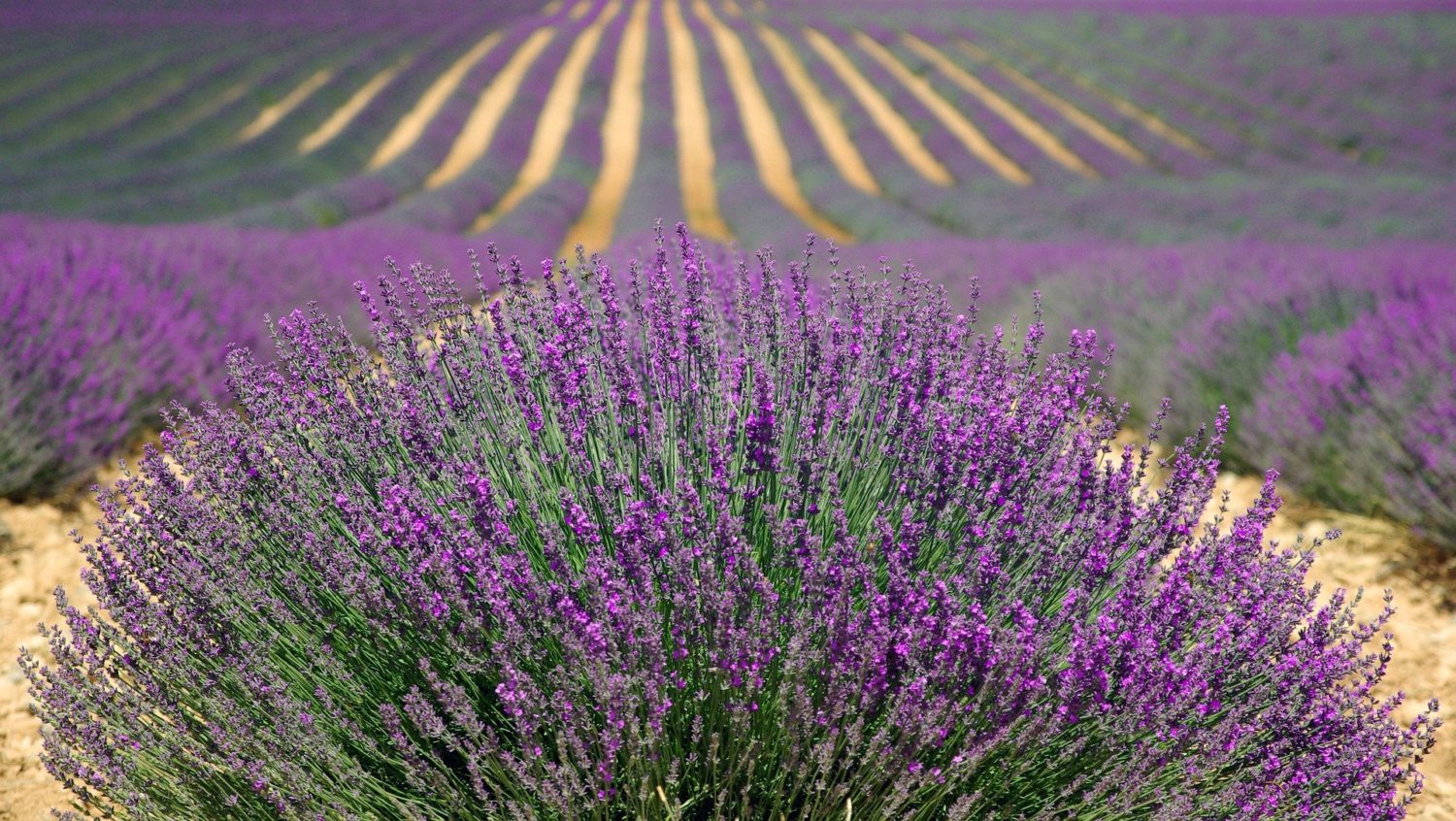Since late 2020, farmers in India have been protesting against the Indian government’s attempted reforms to deregulate agriculture. These reforms could destabilize small farmers in the midst of an economic recession and food chain instability caused by the COVID-19 pandemic.
While a previous census has identified 145 million farmers in India, women disproportionately compose agricultural workers. They also produce 60 to 80 percent of the country’s food. These farm bills disproportionately affect women farmers because deregulating the agriculture market can pit farmers against large agribusiness firms. Women are marginalized in society, which compounds their vulnerability as laborers in this increasingly open market system.
This example of Indian market deregulation is prominent because of the recent country-wide protests, but a lack of protection for female agriculture workers and society’s disproportionately large dependence on their labor is not only found in one place. Coffee production, for example, has a gendered divide in the acquisition of agricultural profits. Tanzania has a large coffee sector, but while women provide 80 percent of the coffee production and processing labor, they do not have access to the benefits of production. Coffee trade is usually controlled by men, thereby also giving them access to the cash flow and financial services.
Globally, women are estimated to make up 43 percent of farmers and even up to 80 percent in non-industrialized countries, but very few actually own the land that they work on. Overlooking the rights of small farmers is not just an issue of labor rights but also largely of gender inequality.
Why Do Women Bear This Responsibility?
Farmers face ever-growing challenges due to the increasing difficulty of moving beyond a subsistence model into a sustainable business. Shifting climates are also altering regional growing patterns and leaving farmers behind. Farming is perceived as antiquated and unprofitable, especially by young people. Because of this, there is a growing number of young men migrating to urban centers in search of more stable wages. This leaves women to bear the brunt of community agricultural labor. While the proportion of women in this workforce is increasing, only 20 percent of the world’s land is owned by women.
As women take on more agricultural responsibilities, they are not reprieved from the rest of their gender-determined duties. Women are often the main caregivers of families and communities, and preparing adequate and nutritious food can be a primary task. However, when women are also tasked with managing food from the farm to the table, their responsibilities grow. As individuals, however, they remain undervalued under the guise of domestic labor.
Barriers to Equality
Repression of women’s rights and status as workers can stem from governments and legislation. Nigeria’s customary law in the southern region and Islamic law in the north discriminate against wives and daughters in land inheritance so that women cannot obtain land rights. Defenders of women’s rights in Thailand are advocating for land rights and food security that is threatened by growing oppression from an authoritarian government. They have faced threats and brutal violence in response to their calls for equality.
Gender norms are less visible but can be discriminatory nonetheless, and they play a role in shaping gendered experiences. In India, women are given equal rights to inheritance of farmland under law, but varying cultural or religious practices can restrict this access from actually being granted. In America, female farmers report having difficulty surviving amongst a largely male-dominated industry and feel they are not given proper recognition as decision-makers for their land.
Empowering Female Farmers
A study conducted in Kenya showed that rural women were more conscious of indidgenous agricultural knowledge than men, whereas male landowners were more likely to be market-oriented and grow commercialized crops that encourage biodiversity loss. If women own land and have the agency to choose and utilize sustainable management techniques, they can become stewards of the land. This would increase resilience to climate change and even help farmland better adapt.
If women have equal access to key resources like land, technology, financial services, education and agricultural markets, the output on their farms could increase 20 to 30 percent, which would amount to a 2.5 to 4 percent total increase in agricultural production. With consideration of the global scale and interconnectedness of our food system, this would have a significant impact on nutrition and poverty reduction. Empowering women to use their expertise in practice can help communities to respond sustainably to current and future food and agricultural challenges.
To account for gender inequality, financial support for small farmers can be given from a gender-sensitive lens. For example, the Cooperation for Climate Change Adaptation and Resilience in the Caribbean Initiative and Food and Agriculture Organisation are partnering on a pre-investment fund for climate change projects. These projects include implementing climate-smart agriculture while also enhancing the resource base of women to address unequal power dynamics. This has also been identified to increase the efficacy and sustainability of these projects.
Above all, women’s contributions to agricultural productivity, food security, and domestic responsibility need to be properly valued. Institutionalized inequality that disadvantages women and those who reinforce it need to be deconstructed across the globe. Oftentimes, this can start small, and as such, grassroots female activists and advocates should be uplifted and supported. Agriculture is arguably the basis of our global community, and the function of our food system would not be possible without women.
